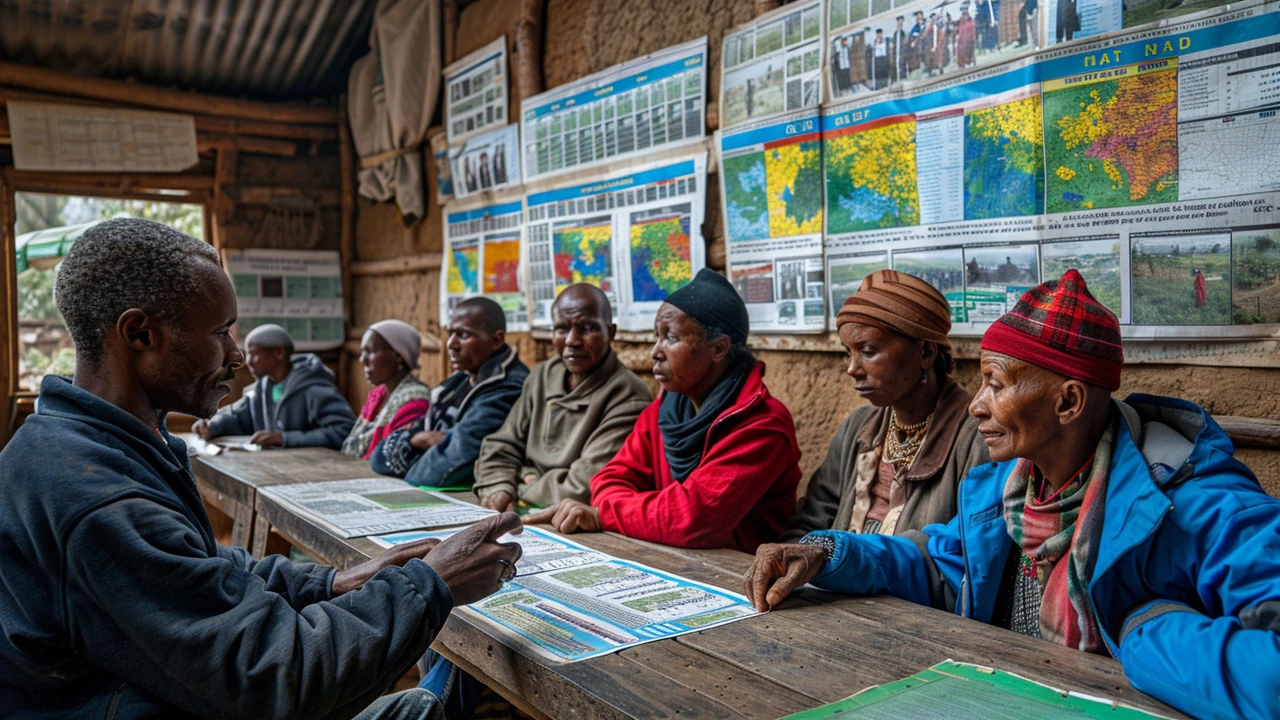Daily Living in Ethiopia: Real Advice on Making Life Work
So, what’s it really like living day to day in Ethiopia? Forget the guessing—here’s what actually matters if you want to live smart, make a decent income, and keep daily expenses in check. Whether you’re local, moving to Addis Ababa, or just curious about the job scene, you’ll want to know how people are handling costs, jobs, and the little things that make a big difference each month.
Salaries can feel all over the place. Teachers, pharmacists, and tech professionals all see very different paychecks. The average monthly income, for example, often sits lower than other African cities, but the cost of living is usually lower, too. So, what does that mean for you? It means knowing what makes sense to spend on housing, food, and transportation is key. If you land a job in tech, you might be surprised at just how much your salary stretches compared to teaching in a rural area.
Renting a place is usually the biggest monthly expense, especially if you’re living in Addis Ababa. The heart of the city is modern and bustling, but prices here are higher than in smaller towns. If you’re looking for a bargain, neighborhoods on the edge or outside capital cities offer much more for less. Still, it’s vital to scout locations: better deals pop up the further you’re willing to commute, but always consider traffic and transportation costs.
You might wonder—how do people actually build wealth here? The honest answer: it’s about spotting opportunities. Agriculture, small businesses, and even online gigs are part of the daily grind. More and more Ethiopians are making real money through online freelancing or teaching, thanks to better internet access. If you’re tech-savvy or speak another language, there’s a good chance you can earn extra cash online—even with payment options limited, people get creative using mobile money services and workarounds for PayPal.
You’ll hear stories about wealthy business moguls and millionaires, but most folks are grinding it out—one side hustle at a time. Getting ahead usually means working more than one job, investing in small business ventures like retail or food stalls, or pooling family resources to buy property. People are savvy, and family networks play a huge role in making things work day to day.
Daily expenses—groceries, utilities, transport—aren’t sky-high if you shop at local markets and use the city’s public taxis or buses. Imported goods, though, can stretch your budget thin. That means sticking to local brands for food and basics helps your money go further. One quick tip: always negotiate on housing and big purchases, since fixed prices are rare and there’s usually wiggle room.
If you’re thinking about a career move or investing in Ethiopia, it helps to keep your eyes open for emerging sectors. Tech startups, health, and education are growing fast. Manufacturing and agriculture are tried-and-tested ways to build a sustainable income, especially with foreign investment boosting these sectors.
Life in Ethiopia has challenges—the wealth gap, unemployment, and rising costs in urban areas—but it’s also packed with opportunity for people who hustle, learn new skills, and keep an eye on what the market needs next. Daily living comes down to blending smart decisions with everyday resourcefulness.





